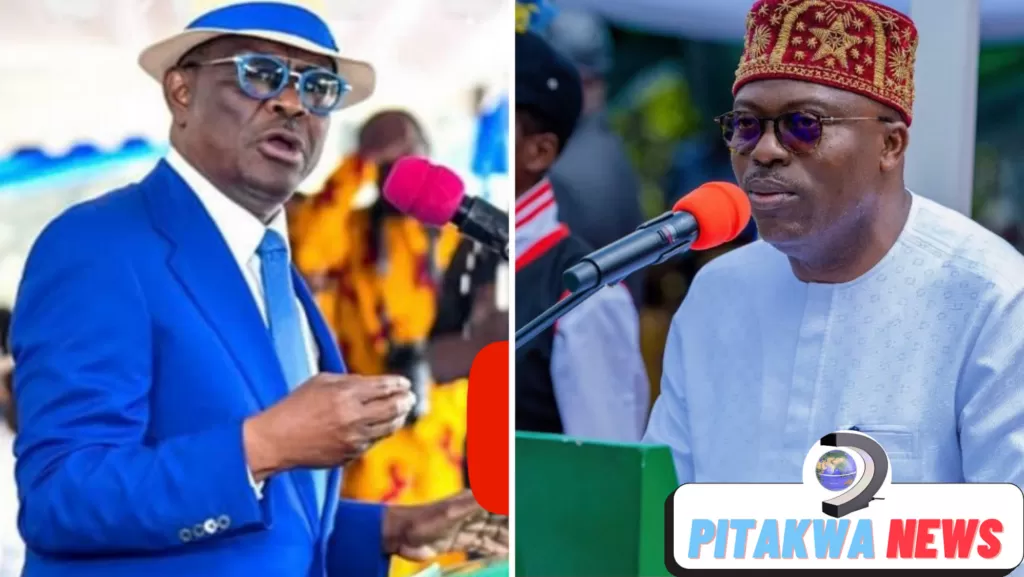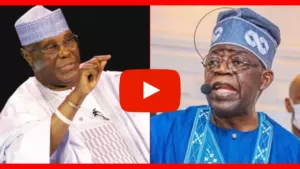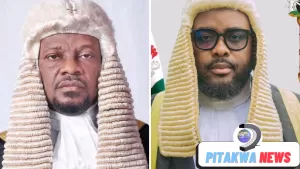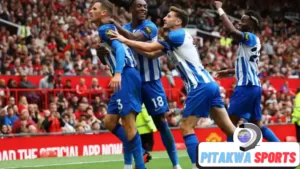Rivers People Will Not Vote Fubara Come 2027 Says Wike

The political landscape in Rivers State, as of mid-2024, is characterized by a significant power struggle between Governor Siminalayi Fubara and his predecessor, Nyesom Wike, now the Minister of the Federal Capital Territory. This conflict has led to various political maneuvers, public statements, and strategic alignments that could influence the 2027 elections in the state.
- Political Dynamics: Wike, leveraging his influence within the PDP and possibly the APC, has been positioning himself to control the political narrative in Rivers State. His statement regarding the 2027 elections coming quickly was interpreted as a direct challenge to Fubara’s political future. This has led to actions like attempting to control local government elections, which are seen as a precursor to consolidating power for the 2027 elections.
- Public Sentiment and Party Politics: There’s a visible divide within the PDP in Rivers State, with Wike’s influence over the party’s structures being a point of contention. The PDP’s Board of Trustees (BoT) visit to Fubara indicates an attempt to mediate or mitigate the fallout from this internal conflict, fearing the loss of Rivers State to opposition parties. This suggests that while Wike might control significant party machinery, there’s also recognition of Fubara’s importance to the PDP’s future in the state.
- Electoral Implications: Wike’s assertion that Rivers people will not vote for Fubara in 2027 reflects his confidence in his ability to sway public and political opinion against Fubara. However, the actual voting behavior could be influenced by numerous factors, including Fubara’s governance record, the resolution of current political tensions, and the effectiveness of any opposition campaigns.
- X Sentiment: From posts on X, there’s a mix of sentiments. Some users express concern over the potential for ethnic strife or economic downturn due to the ongoing political battles. Others analyze the strategic moves of both Wike and Fubara, suggesting that while Wike might pose a significant challenge, Fubara has his own set of alliances and strategies, including legal and political support, which could play a crucial role in his political survival and prospects for 2027.
- Conclusion: While Wike’s statement might reflect his current political leverage and intentions, the actual voting behavior of Rivers people in 2027 will depend on a complex interplay of governance performance, political alliances, public sentiment, and the effectiveness of campaign strategies by both Fubara and any opposition, including Wike’s potential candidates or himself if he decides to run. The political chess game in Rivers State continues, with significant implications for the 2027 elections.







